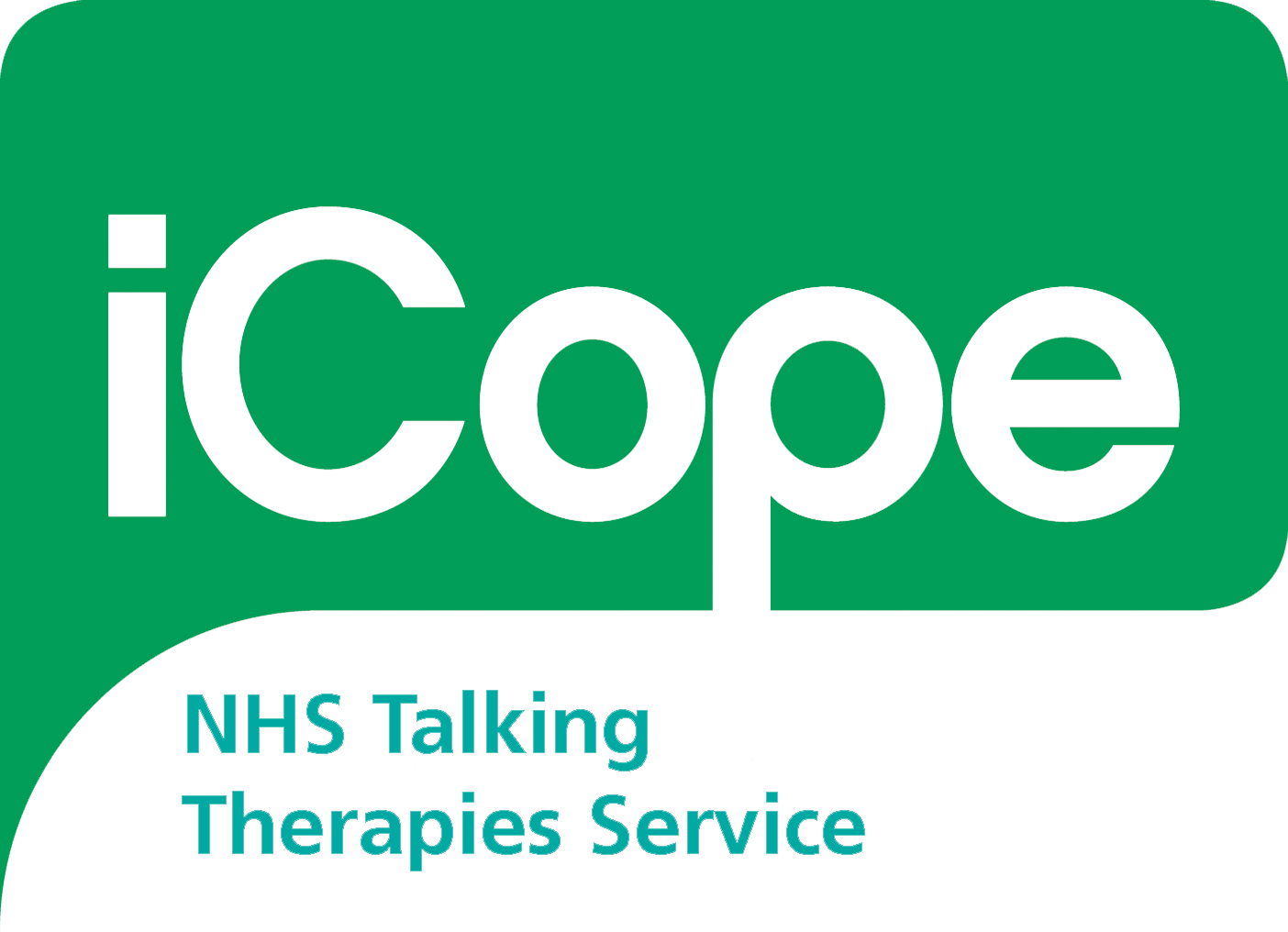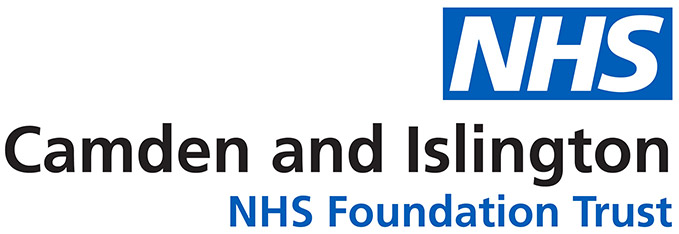Coping After Traumatic Events Group is for people who have experienced traumatic events (such as an assault or accident), and after this event find:
- They continue to think about it even when they try not to.
- Have flashbacks or nightmares to the event.
- Feel more jumpy, alert and on edge.
- May feel depressed, or less interested in doing things and seeing other people.
- May find that they get angry more easily and more often than they used to.
What is the aim of this group?
The aim of this group is as the first stage of treatment. This will include learning about and understanding why these reactions happen after a traumatic event, and learning some strategies you can try in order to cope better. As the group is about understanding symptoms and learning ways to cope, it will not include talking about your traumatic experience. After the group people can go onto the next stage of treatment. This is done in 1:1 sessions as it focuses on your individual experience and talking about what happened, in order to find ways for the memory to become less distressing and ways for you to move forward with your life.
This group is currently running online and not face to face due to the pandemic. If you want to know more or would like to join a group please request an appointment with us here.




